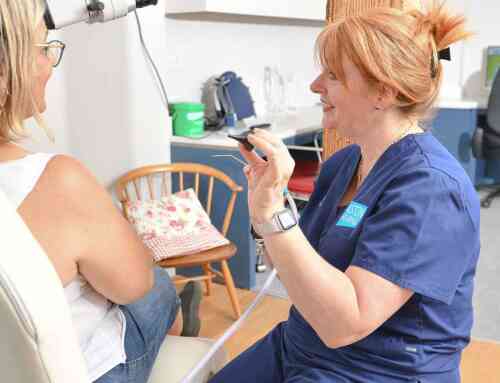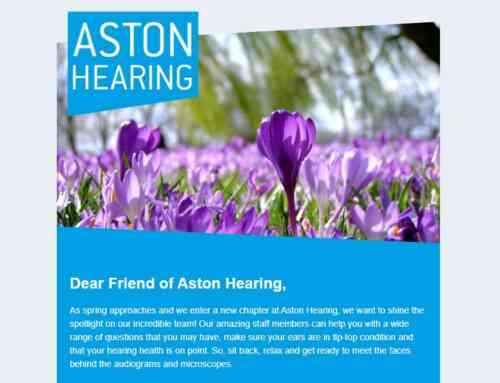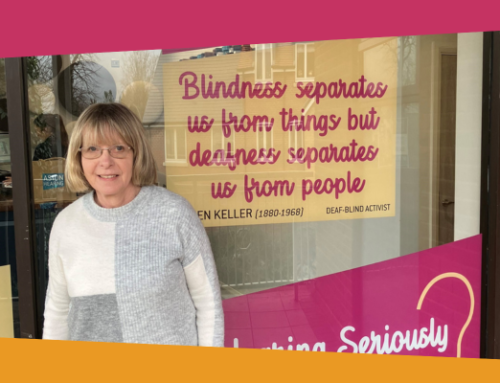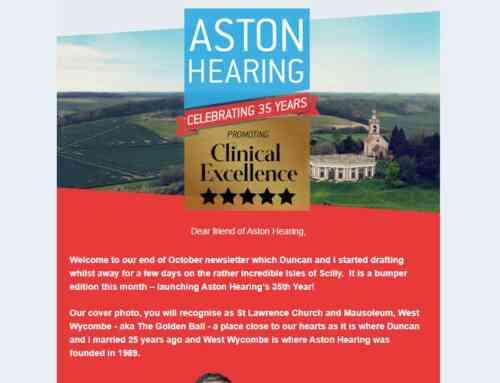The world’s population is rapidly aging and WHO Statistics show the number of people aged 60 or over is expected to move from 12% to 22% of the global population by 2050. We are now living longer and it is time to ensure those extra years are healthy and active and taking care of your ears and hearing is crucial.
October 1st marks the start of Active Aging week. The aim is to encourage people to be more physically active to help promote health in older age and we would argue that this includes our hearing health. As our life expectancy is increasing we need to hear well for longer, but our ears age too. The ear is a delicate organ and is affected by life and easily damaged. As we age the tiny hair cells of the inner ear gradually wear down so they are not quite as effective as they used to be. In other words they need more volume to be stimulated. Age related hearing loss, or presbyacusis, tends to lose sensitivity in the higher frequencies which affects the clarity of conversation. This is why quite often people start to complain that everyone seems to mumble and not speak clearly.

Technology can help:
The good news is that age related hearing loss doesn’t mean you have to give up on those activities you enjoy, you simply need the right help. There is a wealth of amazing hearing technology now available to us all to make life easier and keep us connected to the real world. Bluetooth technology now enables us to seamlessly stream phone calls, music and tv programmes directly into the ear for better sound quality and clarity, and there are already advances in artificial intelligence that aim to improve hearing in places with a lot of background noise.
Without good hearing it is very easy to turn down invitations to social occasions and not participate in the same way. Treating your hearing proactively with a well-managed hearing plan and accepting that technology is the way to stay young and engaged can avoid the decline into social isolation.
Try something new:
Another critical part of promoting healthy, active ageing is mental stimulation. Some cognitive decline is expected in old age affecting memory, decision making and judgement but this can be offset by learning new skills, taking up hobbies and new interests and meeting people.
We are social creatures and require connections with others to thrive, at any age. Sadly too many people are missing out on good later life experiences because they lack interactions with other people and become lonely and isolated. If you look after your hearing you are more able to participate in new activities, and achieve a sense of belonging and purpose in later life.
Welcome to HearToday:
At Aston Hearing we have long recognised the importance of having a support network ensuring people stay connected with others, and opportunities to meet up and share experiences. Every month we offer a free HearToday hearing event in one of three local golf clubs in the Chiltern area. The next one takes place at Princes Risborough Golf Club on 30th October. See our website for details.
At these events guests can chat to one another and seek advice from our Audiologists on any matter related to hearing, in a relaxed and comfortable environment. We also have experts on hand to guide your through making the most of technology with I-pad and mobile phone workshops, hearing accessories and the latest hearing devices now available.






